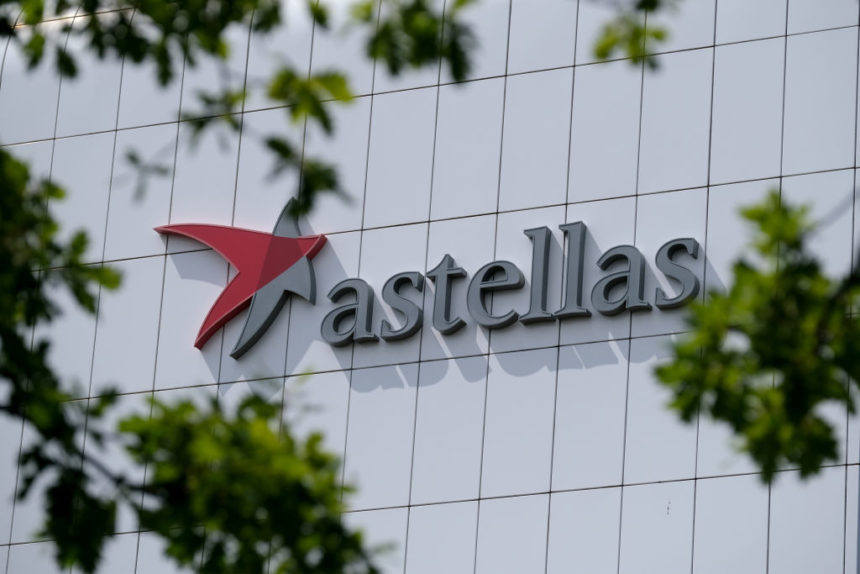Astellas Pharma inked a collaboration with Japanese biotech PeptiDream to discover novel protein degraders, the company announced Tuesday.
Astellas will pay PeptiDream $21 million upfront to choose two targets and have the opportunity to pick up to three more under the collaboration.
The deal gives Astellas the ability to use PeptiDream’s Peptide Discovery Platform System (PDPS) technology to identify new drugs based on macrocyclic peptides. Paired with Astellas’ drug discovery expertise, the companies hope the partnership will result in protein degrader products that can target undruggable proteins – or proteins that are difficult to attack pharmacologically.
Targeted protein degradation is one of Astellas’ primary focuses, according to chief strategy officer Adam Pearson.
“We hope this collaboration will bring synergies between the two companies’ cutting-edge research and will ultimately lead to the expansion of Astellas’ portfolio and development of new therapeutics for patients with significant unmet medical needs,” Pearson said in a statement.
PeptiDream will be eligible to receive milestones up to $145 million per target, as well as single-digit percent royalty payments on net sales from drugs that emerge from the partnership.
“We believe that through this research collaboration, we can leverage the strengths of both companies to advance the development of innovative drugs,” Keiichi Masuya, chief operating officer at PeptiDream, noted in a statement. “This transaction further validates the potential of our PDPS technology to obtain highly selective peptides, which enables creative approaches in the area of targeted protein degraders.”
It’s been a busy year for Astellas, which acquired Iveric Bio in a $5.9 billion deal earlier this year. That acquisition was sealed to expand Astellas’ ophthalmology portfolio and contribute to its 2025 revenue targets.
Astellas also spent $1.9 billion to ink a strategic collaboration with Cullgen in June – another page in its protein degrader book. That brought Cullgen’s uSMITE platform into Astellas’ mix, which it plans to use to help develop clinical candidates.
Also in June, Astellas picked up Kate Therapeutics’ KT430, an investigational gene therapy for myotubular myopathy – a rare genetic condition that affects skeletal muscles. Astellas will provide KateTx with an undisclosed upfront payment to develop and commercialize the preclinical, next-generation KT430.







